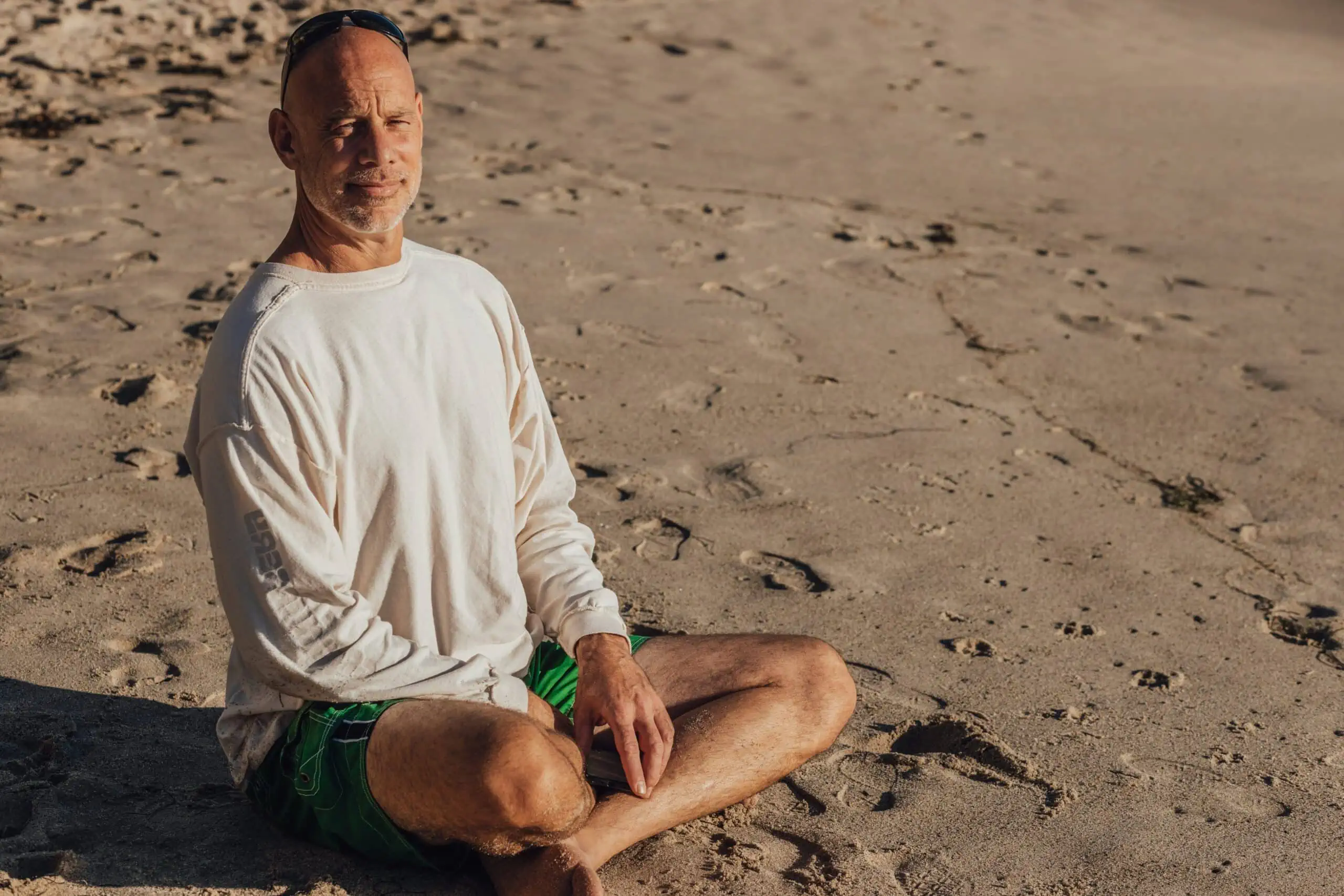
7 Easy Relaxation Techniques for Seniors
Life is stressful, even after retirement. Many older people deal with chronic illness, loss of independence, and sometimes even family squabbling. And just like it does for everyone, unmitigated stress can take its toll. As people navigate the challenges of aging, incorporating relaxation techniques into their daily routine can significantly enhance their well-being.
Stress, after all, is everywhere! Coping with chronic illness and mobility challenges are also common things that cause stress for older people.
Relaxation Methods for Seniors to Try
earning to relax, step back, and do a little self-care can help people in their golden years live more fulfilling, serene lives. Here are seven effective relaxation methods suitable for seniors, each explained in detail with alternatives for those with cognitive issues.
- Deep Breathing Exercises: Deep breathing is a simple yet powerful technique that promotes relaxation. It does this by increasing oxygen flow to the body and reducing stress hormones. Seniors who want to try this relaxation technique can practice by sitting comfortably and inhaling deeply through the nose. Hold the breath briefly, and exhale slowly through the mouth. A caregiver or recorded audio guide can provide verbal cues for those with cognitive issues to help maintain the rhythm. YouTube has some exercises to help. Some research suggests that deep breathing exercises can help people in the early stages of dementia keep their cognitive function.
- Guided Imagery: Guided imagery involves creating a mental image of a peaceful and calming scene. To do these exercises, participants can close their eyes, take slow breaths, and visualize a serene place like a beach or garden. There are plenty of guided imagery meditations on YouTube, and CDs are available for purchase on eBay. For individuals with cognitive challenges, providing visual aids like pictures or videos of the chosen serene setting can enhance the effectiveness of this technique.
- Progressive Muscle Relaxation (PMR): PMR involves systematically tensing and relaxing different muscle groups. This is great for promoting physical and mental relaxation. Seniors can start with their toes and work up to the head. For those with cognitive issues, caregivers can guide them through each step or use gentle touch as a cue to relax specific muscle groups, such as lightly touching the body part they are supposed to clench.
- Mindfulness Meditation: Mindfulness meditation focuses on being present in the moment.Users who do this are working on observing thoughts without judgment. Seniors can practice mindfulness by sitting quietly, focusing on their breath, and gently redirecting their attention when their minds wander. For individuals with cognitive challenges, shorter meditation sessions and incorporating sensory stimuli like scents or soft music can enhance the experience. Remind participants to hear the background noises, such as birds singing or the AC blowing. Focusing on background noise helps people be more aware of their surroundings.
- Tai Chi: Tai Chi is a gentle, flowing exercise that combines slow movements with deep breathing. It improves balance, flexibility, and overall well-being, making it a great technique for seniors to try. Seniors can find modified Tai Chi routines that accommodate physical limitations on DVD or websites like YouTube. For those with cognitive issues, simplified movements, and repetition can make it more accessible.
- Aromatherapy: Aromatherapy involves using scents to evoke positive emotions and reduce stress. Seniors can use essential oils, such as lavender or chamomile, by inhaling the aroma or adding a few drops to a diffuser. Choosing familiar scents associated with positive memories can enhance the calming effects for those with cognitive challenges. Many people, for example, find that scents like vanilla or pumpkin evoke memories of holidays.
- Listening to Music: Music has the power to soothe the soul. Seniors can create playlists of their favorite calming tunes and listen to them regularly. For people with cognitive issues, using familiar music from their past can evoke nostalgia and provide comfort. Loved ones can help them list their favorite singers and assist them with making a playlist or burning a CD for them.
Reducing Stress with Relaxation
Incorporating these relaxation techniques into daily life can be empowering! Seniors want to get the most out of life but may wonder why their retirement isn’t stress-free. These techniques can help seniors manage stress, improve their well-being, and enjoy a more peaceful and fulfilling life. Whether facing cognitive challenges or not, these methods can be adapted to meet the unique needs of every individual. People who are in a senior sober living home may be able to start a group to meet and relax together every week.
While doing some of these exercises, you may want to create an environment conducive to relaxation and peacefulness. Depending on your preferences, block out noise, open windows, or block out light. Choose music that is calming and positive. You can even light scented candles or incense to create a mood.
Consider Present Moments Senior Living
If you or somebody you love is ready for the next chapter in life, it’s time to consider assisted living options. People in assisted living get essential services such as cooking, cleaning, and medication management. They also have the independence they crave to maintain an active life. We’re here to help you make the right decision about you or your loved one’s future. We also offer hospice care and memory care. Get in touch to learn more about our programs.

